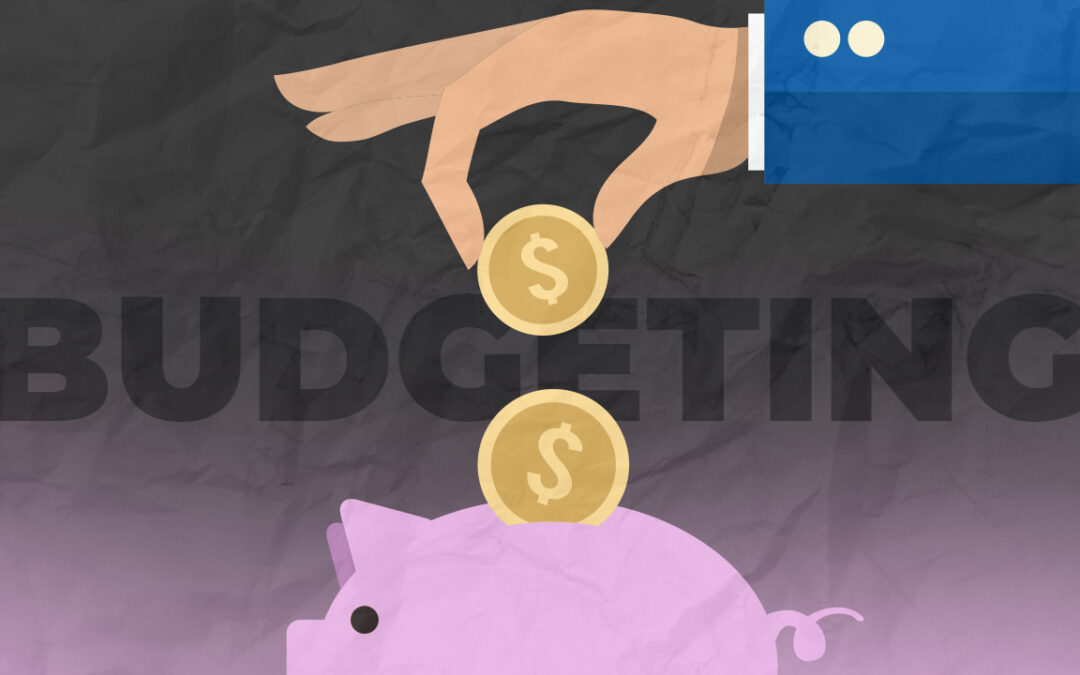Disclaimer:
The information provided in this blog is of a general nature only and does not constitute personal financial advice. It has been prepared without considering your objectives, financial situation, or needs. Before acting on any information, you should consider its appropriateness regarding your circumstances and seek independent financial advice.
Introduction
Budgeting is the foundation of financial freedom. Whether you’re just starting your financial journey or looking to optimize your expenses, a budget can help you take control of your money, reduce stress, and work toward your goals. But where do you begin?
In this guide, we’ll break down the basics of budgeting, highlight the powerful tools available, and show you why seeking expert guidance can be the key to long-term success.
What Is Budgeting?
Budgeting is simply the process of planning how to allocate your income across your expenses, savings, and goals. It’s about understanding your financial situation and making deliberate choices to ensure your money is working for you.
Why Budgeting Matters:
- Helps you track your spending and identify areas to save.
- Empowers you to achieve goals, from paying off debt to building wealth.
- Prepares you for unexpected expenses.
How to Get Started with Budgeting
Starting a budget can feel overwhelming, but with the right tools, it becomes much easier.
Try the MoneySmart Budget Planner
The MoneySmart Budget Planner is a free, user-friendly tool provided by the Australian government. It’s designed to help anyone—whether you’re managing household expenses or planning for a big goal—organize their finances with ease.
How It Works:
- Enter your income and expenses into the planner.
- Categorize your spending (e.g., bills, groceries, entertainment).
- Review your financial breakdown and make adjustments.
This tool provides a clear picture of your finances and is a great first step toward smarter money management.
Building a Budget: Key Concepts
- Understand Your Income and Expenses:
- Record all sources of income (salary, side gigs, etc.).
- Track your expenses over a few months to understand your spending habits.
- Set Financial Goals:
- Short-term goals (e.g., saving for a vacation).
- Long-term goals (e.g., building an emergency fund or investing).
- Plan for Savings and Emergencies:
- Allocate a portion of your income to savings every month.
- Build a fund to cover 3–6 months of essential expenses.
Why Budgeting Alone Isn’t Always Enough
While budgeting tools like the MoneySmart Budget Planner are a fantastic starting point, they can only take you so far. Many people struggle to stick to their budgets or optimize their finances because:
- They lack the time to review and adjust budgets regularly.
- Their financial situations are complex and require tailored strategies.
- Unexpected life events throw their plans off track.
This is where working with a financial advisor can make all the difference.
How ALX Wealth Can Help
At ALX Wealth, we understand that budgeting is about more than just numbers—it’s about aligning your finances with your goals and values. We specialize in helping clients:
- Develop realistic and personalized budgets.
- Navigate complex financial situations with expert advice.
- Create strategies for saving, investing, and building wealth.
Whether you’re just starting out or looking to refine your approach, our team is here to provide the guidance and tools you need to succeed.
Take the First Step Toward Financial Freedom
Budgeting is the first step on the path to financial empowerment, but it’s just one piece of the puzzle. If you’re ready to take control of your finances and unlock your potential, we’re here to help.

